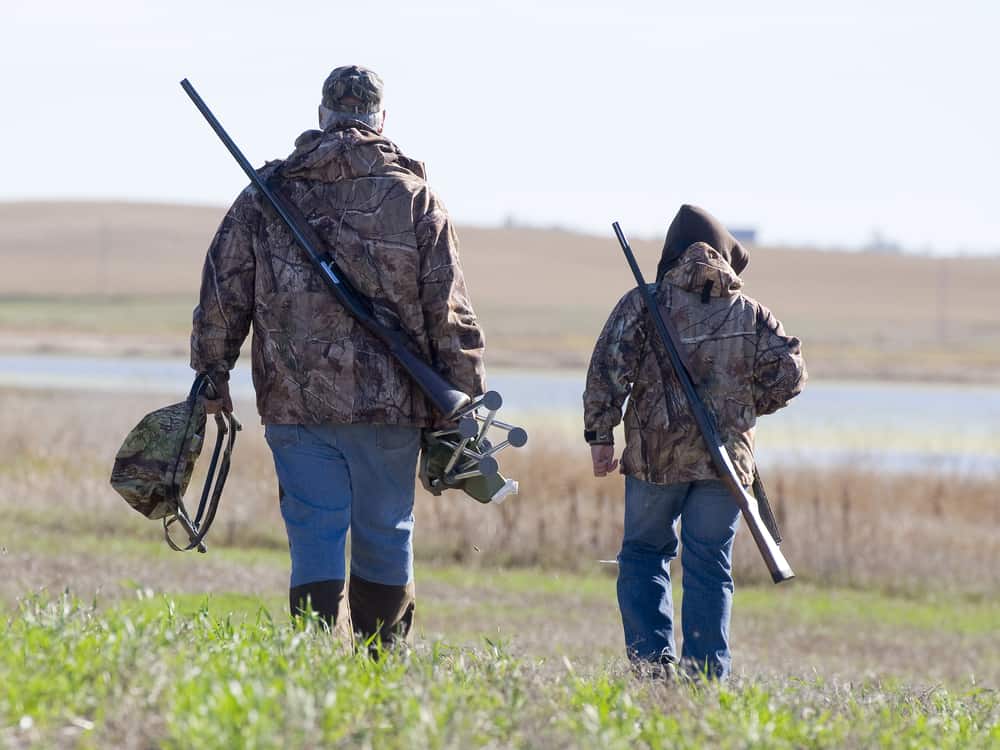When two federal agencies took steps to increase hunting and trapping on several Alaskan preserves, including the Kenai National Refuge, conservation groups raised the alarm because predators and their young will no longer be protected.
On the other hand, the changes were praised by Alaskan leaders, hunting groups, and a tribal consortium which says the old restrictions limited their way of life. They also feel the state has a right to manage its public resources which will increase recreational opportunities for tourists and Alaskans.
The U.S. Fish and Wildlife Service and the National Park Service issued separate statements at the time maintaining that the steps taken by the agencies are to align the state laws with the federal laws.
On Wednesday, August 26, the Trump Administration was sued by thirteen environmental groups. With the lawsuit, filed in U.S. District Court in Anchorage, the groups are seeking to overturn the ruling finalized in June allowing hunters to engage in controversial hunting practices in Alaskan national preserves.
The environmental groups are claiming that the Trump Administration is violating the primary purpose of the agencies for over a century now; to protect the ecosystems and wildlife of America.
According to the National Parks Conservation Association, the ruling allows hunters to kill wolf and coyotes, including their pups, during their denning season. They can also bait and club bears, including their cubs, with artificial lights at their dens. The environmental groups maintain this will allow national preserves to be turned into hunting grounds.
During the Obama administration, many practices that allowed the reduction of predator populations on state lands was prohibited. This included shooting at animals from across highways or roads, while they were swimming, the killing of female bears with cubs, or the killing of bear cubs. The administration had also prohibited the use of artificial light during the hunting of animals.
In keeping with the agency’s policy, the National Park Service has refused to comment on the pending litigation so far.



